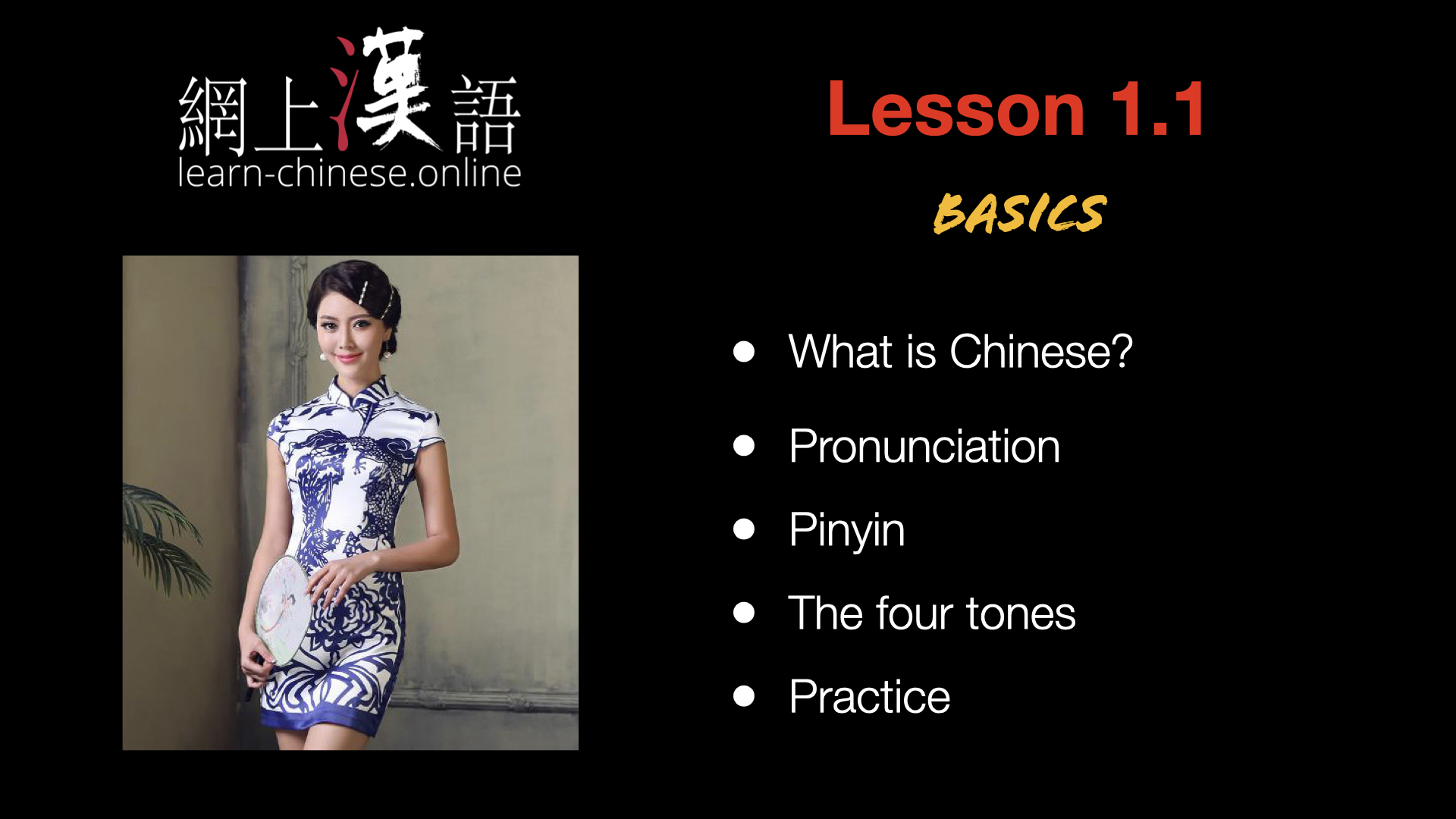Chinese painting Baimiao

The technique Baimiao is a kind of the Gongbi. The Chinese artists say that the art of Bai Miao is the art of line. Bai Miao means the white reproduction indicating by there the absence of colour in this form of artistic representation of reality. As you can suspect it, the study of the line is very developed in painting Bai Miao.
Material
Painting
As for contours in painting
HongMao (red hairs) for the thick lines.YiWen (folds of clothing) for the long lines (contours of clothing for example.)YeJing (veins of the sheets) for the contour of the flowers and the sheets.XieZhua (crab's grip) for the finest lines (wings of dragonfly for example.)
But I highly advise to use a small brush
The different stages of painting Baimiao
1 The layout of the sketch
Two methods are possible:
The first consists to layout the sketch directly on the sheet which you want to paint with a pencil 2B. Because the rice sheets are very fine and thus fragile, you cannot really gum and trace again without damaging the support. It is thus necessary to succeed on the first blow. Some small corrections while gumming slightly are however possible.
The second method consists in initially tracing the sketch on a usual sheet of paper (Western or Chinese, it does not matter). Then you place this sheet on the paper which you want to paint, the sketch upwards. With the pencil, you trace again on contours in order to leave a print on the sheet under. This one then has slightly printed contours. You can then start to paint it. If printed contours are not sufficiently visible, you can slightly recall them with the pencil
2 The layout of contours
The layout of contours is made in black ink with the brushes quoted above.
Attention should be paid to not make features with the same thickness. The downstroke and upstroke are of very great importance and it sometimes happens to find painters who do not grant much attention to it. Lastly, according to the tonality of colour that you envisage to use for each part, you must pay attention to the density of ink for contours.

































